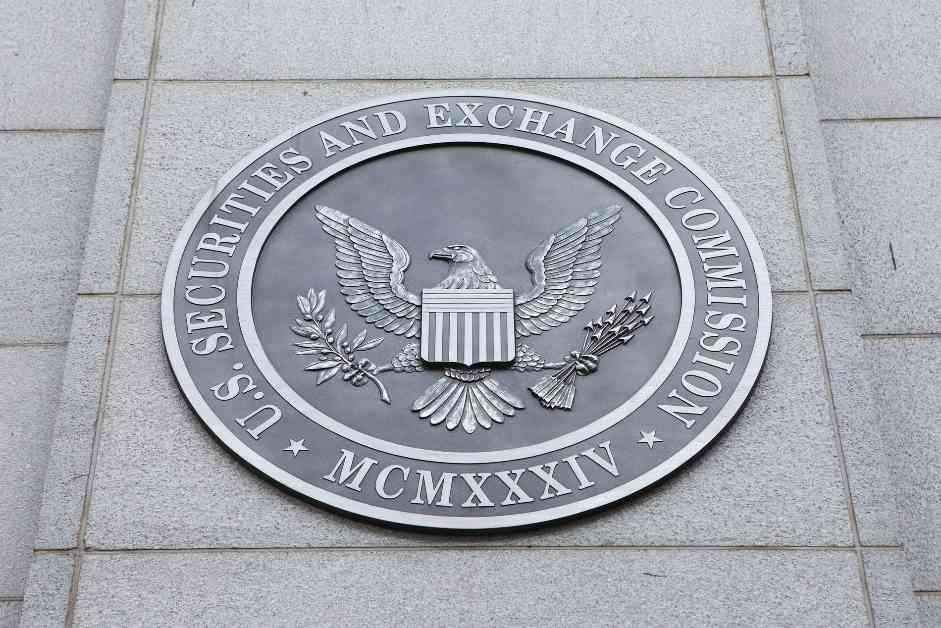American lawmakers are challenging the Securities and Exchange Commission (SEC) on its exclusion of staking in exchange-traded products (ETPs), a move that could impact investor protections and America’s competitiveness in the global digital asset markets. The debate around staking, a critical component of proof-of-stake networks like Ethereum, has gained significant momentum as key figures in Congress push for its inclusion in ETPs.
A group of bipartisan lawmakers, including Senators Cynthia Lummis, Kirsten Gillibrand, Steve Daines, Bill Hagerty, Thom Tillis, Bernie Moreno, and Ron Wyden, have raised concerns about the SEC’s stance on staking in ETPs. In a letter delivered to the SEC, they argue that excluding staking from ETPs could hinder investor protections and put U.S. markets at a disadvantage compared to other countries that have embraced staking in their digital asset ETPs.
The Debate Over Staking in ETPs
Staking is a fundamental process on proof-of-stake networks, where token holders contribute to network security and earn rewards generated by the protocol itself. While the SEC’s directive to exclude staking in ETPs is based on concerns about investor protection, proponents argue that staking is essential for securing proof-of-stake networks and maintaining operational stability.
The Impact on American Investors and the Economy
The exclusion of staking in ETPs could have far-reaching consequences for American investors and the U.S. economy. Without the ability to stake their assets, investors may seek exposure through offshore alternatives, potentially driving capital out of U.S. stock exchanges. Additionally, the lack of staking in ETPs could make U.S. products less competitive and less attractive to investors seeking comprehensive exposure to the digital asset ecosystem.
The Path Forward
As Congress waits for the SEC’s response to the bipartisan letter challenging its exclusion of staking in ETPs, the debate underscores the need for a balanced approach that recognizes staking as a technical mechanism for network security. While only Congress can create a comprehensive regulatory framework, the SEC has the authority to permit staking in ETPs, aligning with its mandate to protect investors and maintain U.S. leadership in global financial markets.
Experts Weigh In
Jennie Levin, Chief Regulatory and Strategy Officer at Figment, and Alison Mangiero, Executive Director of CCI’s Proof of Stake Alliance (POSA), both emphasize the importance of protocol staking in digital asset ETPs. Levin, with a background in financial crimes and regulatory issues, brings a unique perspective to the debate, while Mangiero advocates for innovation-friendly regulation of the staking industry.
In Conclusion
The debate over staking in ETPs highlights the complex interplay between regulatory oversight, investor protection, and America’s competitiveness in the digital asset markets. As lawmakers and regulators navigate this challenging landscape, finding a balance that promotes innovation while safeguarding investors will be key to ensuring the long-term success of the digital asset ecosystem. The time is now for the SEC to take a leadership position on protocol staking, aligning with the aspirations of the American economy and the individuals who rely on it.




















